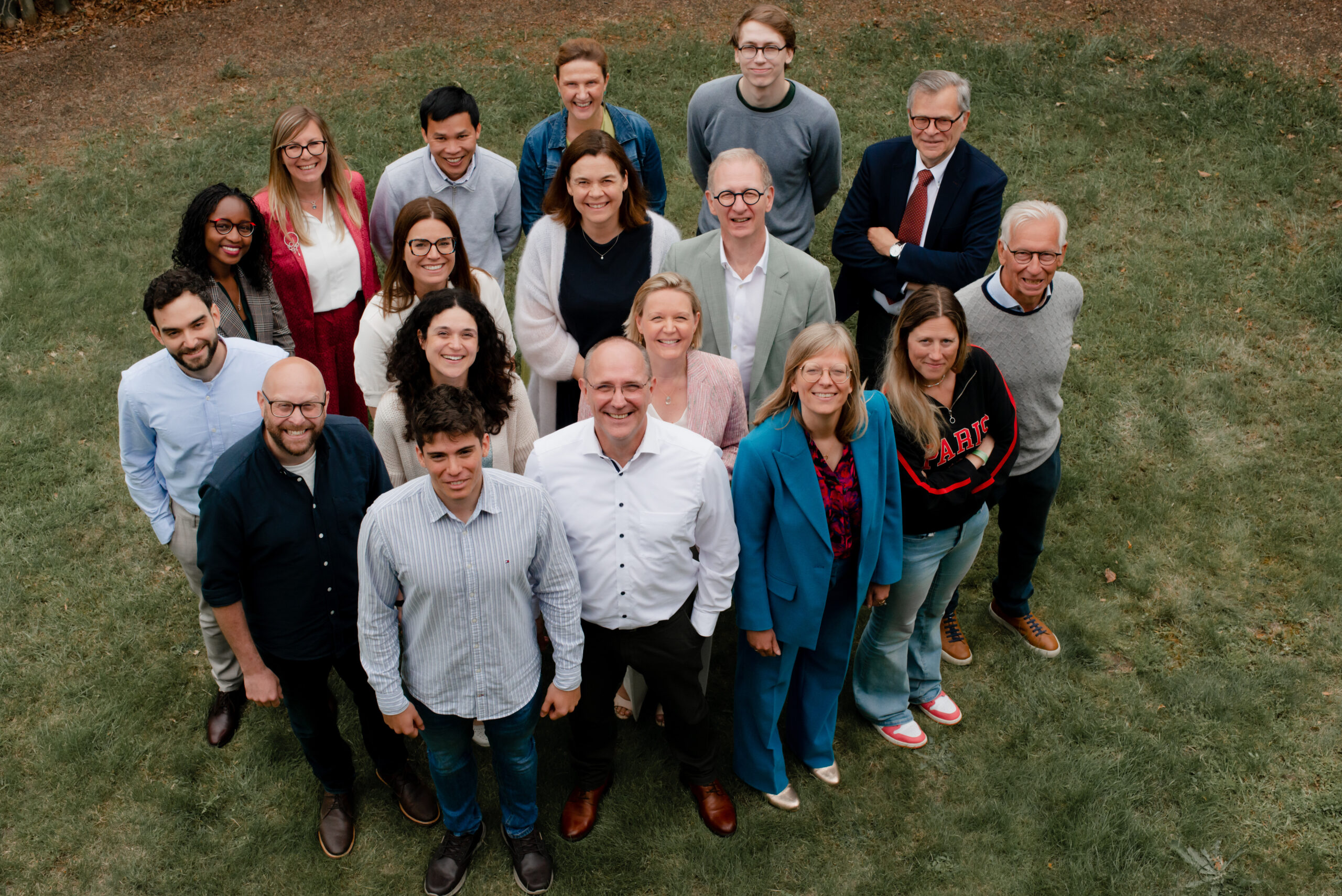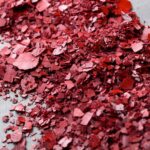REACH Authorisation must not encourage regrettable substitution for Cr(VI)
Does the REACH Authorisation process encourage regrettable substitution?
Read our position paper to the European Commission! In March 2023, Apeiron-team wrote and provided a paper to DG GROW of the EU Commission which addressed the current shortcoming of the REACH Authorisation process in relation to Cr(VI), namely, how the current evaluation of Authorisation applications is encouraging the substitution to unsuitable alternatives.
Our paper argues that the overall risks of alternatives are not being appropriately assessed. As a consequence, this is leading to inappropriate conclusions that some alternatives, namely Cr(III) solutions with boric acid, are a suitable and safer alternative for Cr(VI), despite evidence demonstrating the contrary.
The consequence of this is that applicants of Cr(VI) authorisation are incentivised, through the attainment of longer review periods (i.e. 12 years), to substitute to non-safer, and unsuitable alternatives. This result is in stark contrast to the overall aim of REACH, which is intended to ensure a high level of protection of human health and the environment, whilst enhancing competitiveness and innovation.
In our paper, the current approach for evaluating Authorisation applications is criticised with a series of justified arguments. Our paper concludes with a number of constructive recommendations to the Commission, which we deem necessary to ensure substitution to suitable alternatives is encouraged.
Our paper can be accessed here
Our paper raises concerns on the potential for regrettable substitution that remain valid until the process is revised. Now in 2025, the ongoing REACH restriction proposal for Cr(VI) and the publication of the much delayed REACH revision will bring changes that we hope address our concerns!
Reach out to our REACH authorisation experts
Are you affected by the Cr(VI) REACH Authorisation process? Are you considering substituting to Cr(III)? Then the full paper is relevant for you.
Click on “Talk to our Experts” on the right-hand side or email info@apeiron-team.eu to request a free copy of the position paper.
Do you need assistance with REACH authorisation? Are you concerned about the the restriction proposal and how it will impact your business? Are you unsure of how to understand “SAGA” and when to submit a substitution plan or an R&D plan?
Our team can help you navigate this complex process!
Contact our experts for information on our full range of authorisation and restriction services.
Like the sound of Apeiron?
We'd love to know more about you! We are always looking for people who are driven by passion.



